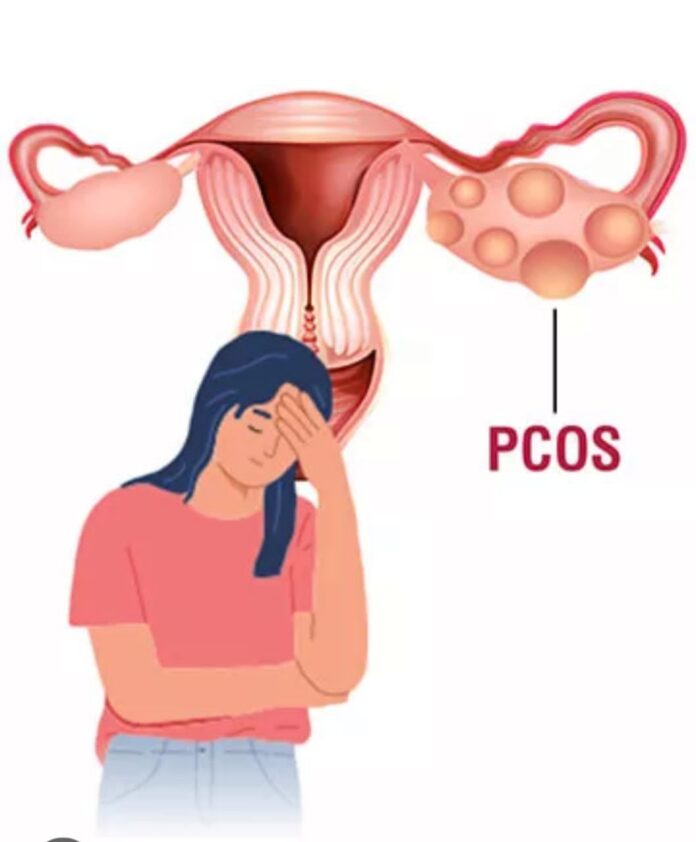At first, Mutinta Mwale thought her irregular periods and sudden weight gain were just part of growing up. But as the symptoms worsened, persistent acne, unusual hair growth on her face and difficulty losing weight she knew something wasn’t right.
“I felt like my body was changing, but I did not understand why.No matter what I ate or how much I exercised, nothing seemed to work,” says Mutinta, 24 of Lusaka’s Matero Constituency.
Mutinta was eventually diagnosed with Polycystic Ovary Syndrome (PCOS), a common but often misunderstood hormonal condition that affects many women of reproductive age.
According to the World Health Organization, PCOS is one of the leading causes of infertility, yet it remains underdiagnosed in many parts of the world.
Women with PCOS often experience irregular menstrual cycles, multiple growths on the ovaries, and other symptoms such as weight gain, acne, and excess hair growth. These signs may appear mild at first but can have long lasting effects.
“PCOS is not just a period problem. It affects a woman’s hormones, mental health, and metabolism,” explained Dr. Quince Mwabu, Director General for Medical for quality health care in Zambia.
“It is a complex condition that needs a comprehensive approach.”
For many women, the journey to diagnosis is long and frustrating. Shena kawimbe, 28 of Lusaka’s Lilanda shared how she went from clinic to clinic without getting clear answers.
“Doctors told me it was stress, or maybe I was just gaining weight. I started to feel like was imaging things,” she says.
The emotional toll of PCOS can be heavy. Some women struggle with low self-esteem, anxiety, and even depression. The fear of not being able to conceive can also weigh heavily on those hoping to start families.
But help is available and early diagnosis and support can make a big difference. Doctors often recommend a combination of lifestyle changes, medication, and counseling. Eating a balanced diet, staying active, and managing stress are key steps in improving symptoms.
“Every woman with PCOS is different. That’s why some women may benefit from working with a registered dietitian to develop a personalized meal plan, while others may find it helpful in managing stress and anxiety,” says Dr. Mwabu.
Therapy can also be helpful. Talking to someone about the mental and emotional stress that comes with PCOS can be a powerful part of healing.
“We need to treat the whole person not just the symptoms,” Dr. Mwabu added.
There is also strength in community. Through online forums, support groups, and shared stories, women are finding encouragement and answers. “When I finally met other women going through the same thing, I felt less alone,” Mutinta said with a smile.
Raising awareness about PCOS is the first step towards change. Many women still do not know what it is or that they might have it. Health workers stress the importance of education and early screening.
“By talking openly about PCOS, we break the silence and fight the stigma.Together, we can help more women find the care and support they need,” says Dr. Mwabu.
For women like Mutinta and Shena, sharing their stories is not just about awareness it is about hope.
Hope that more women will be diagnosed early. Hope that society will show more understanding. And hope that, one day, no woman will have to face PCOS alone.

